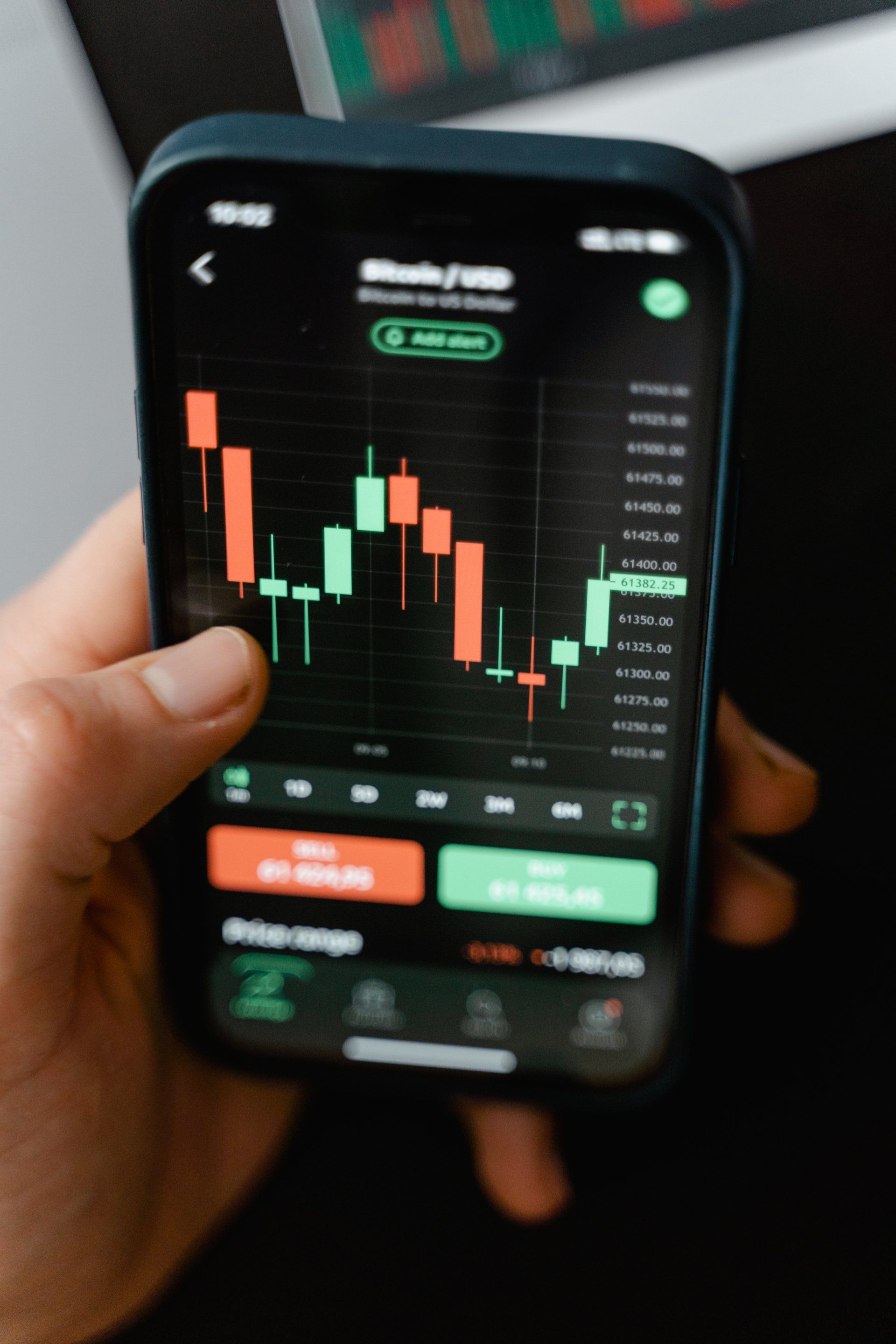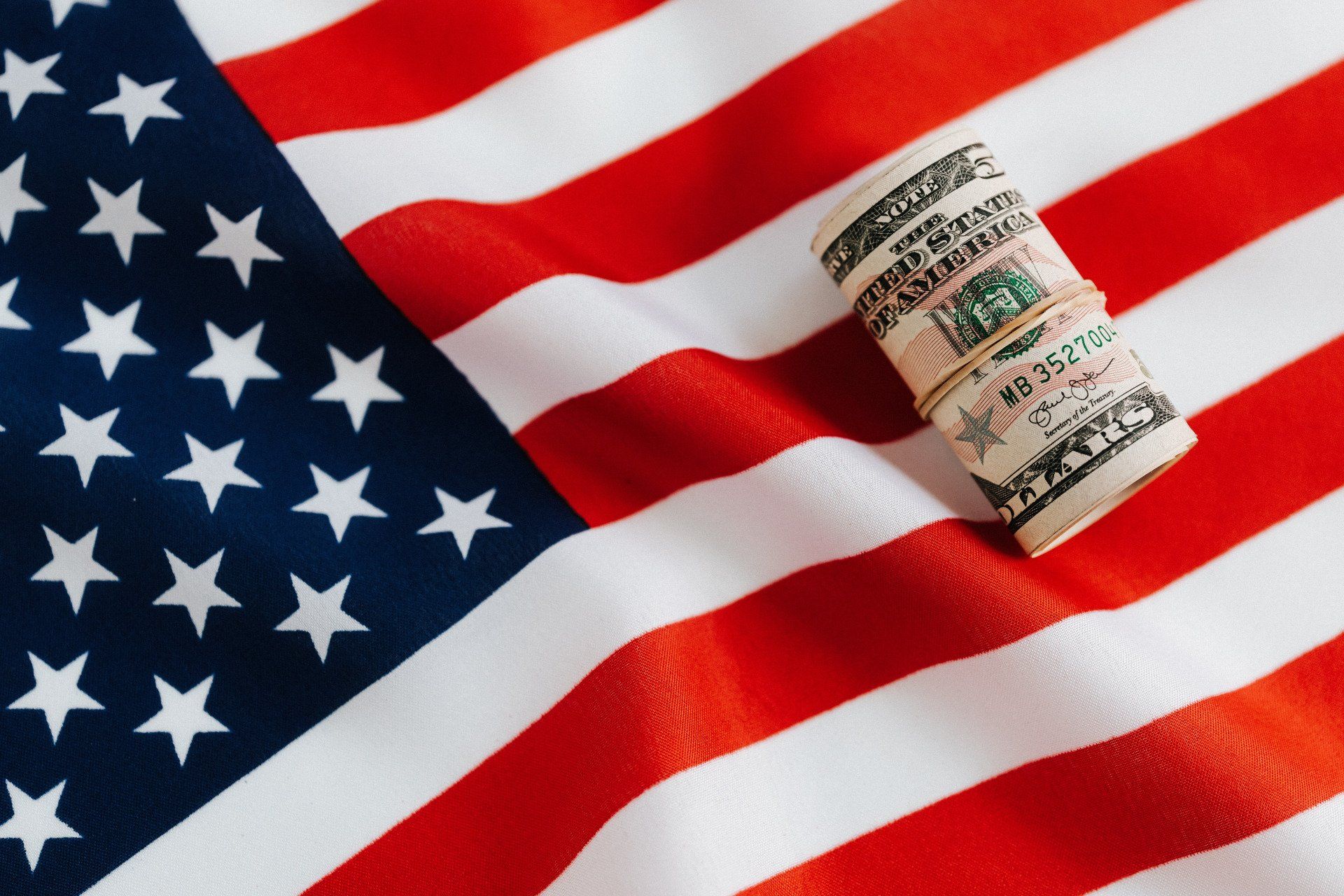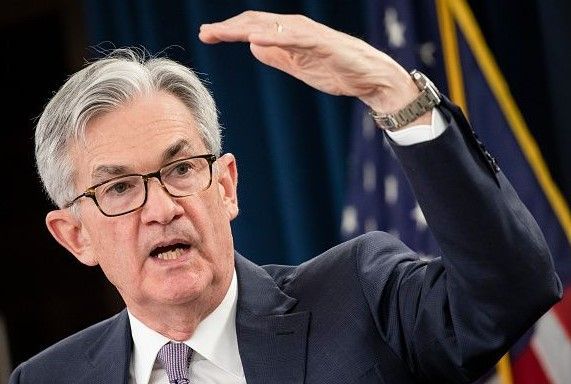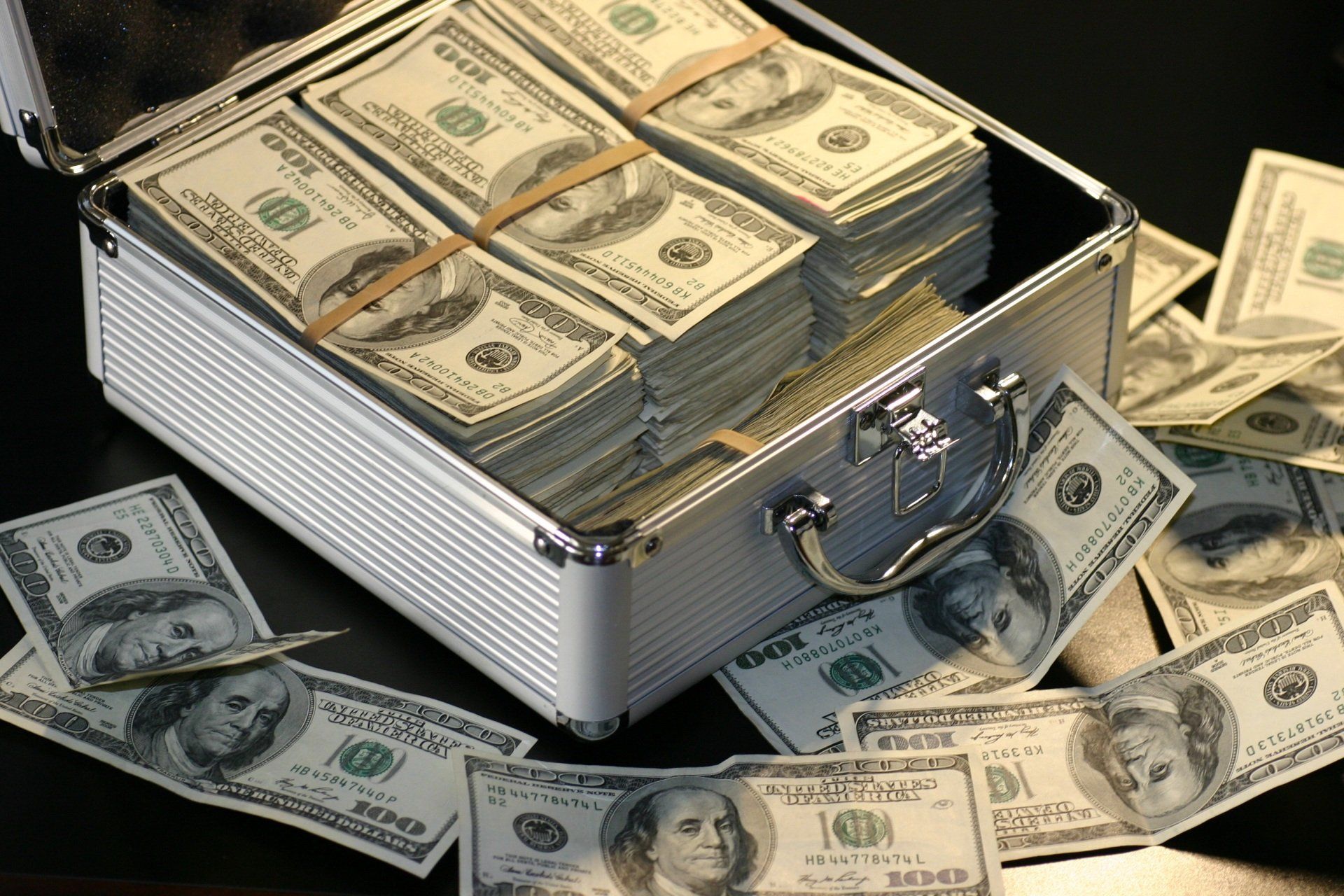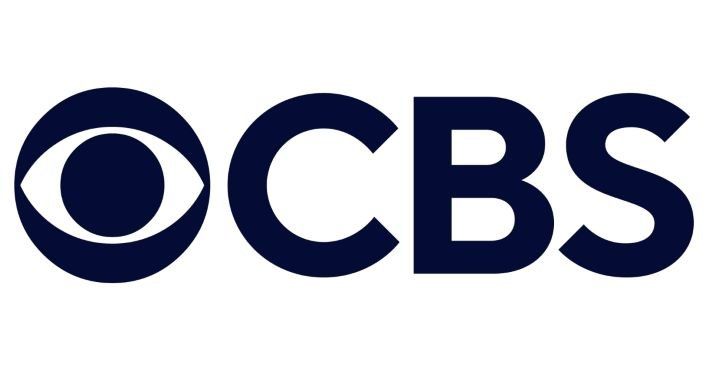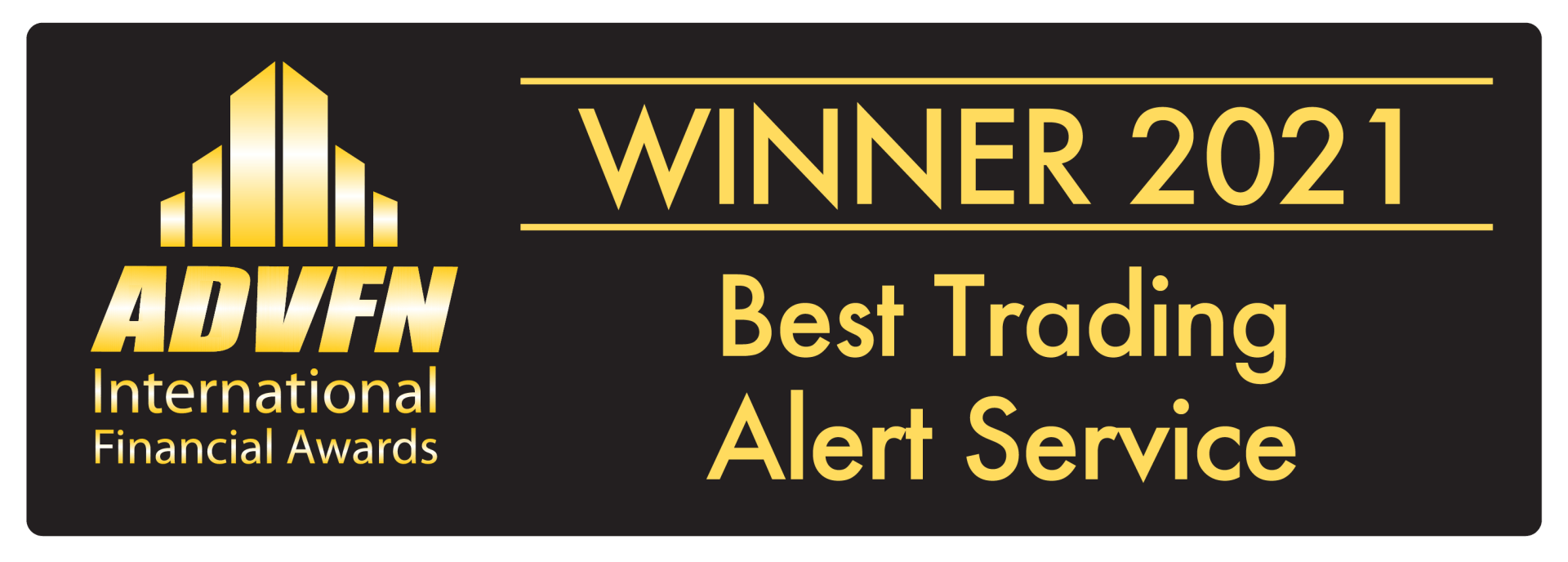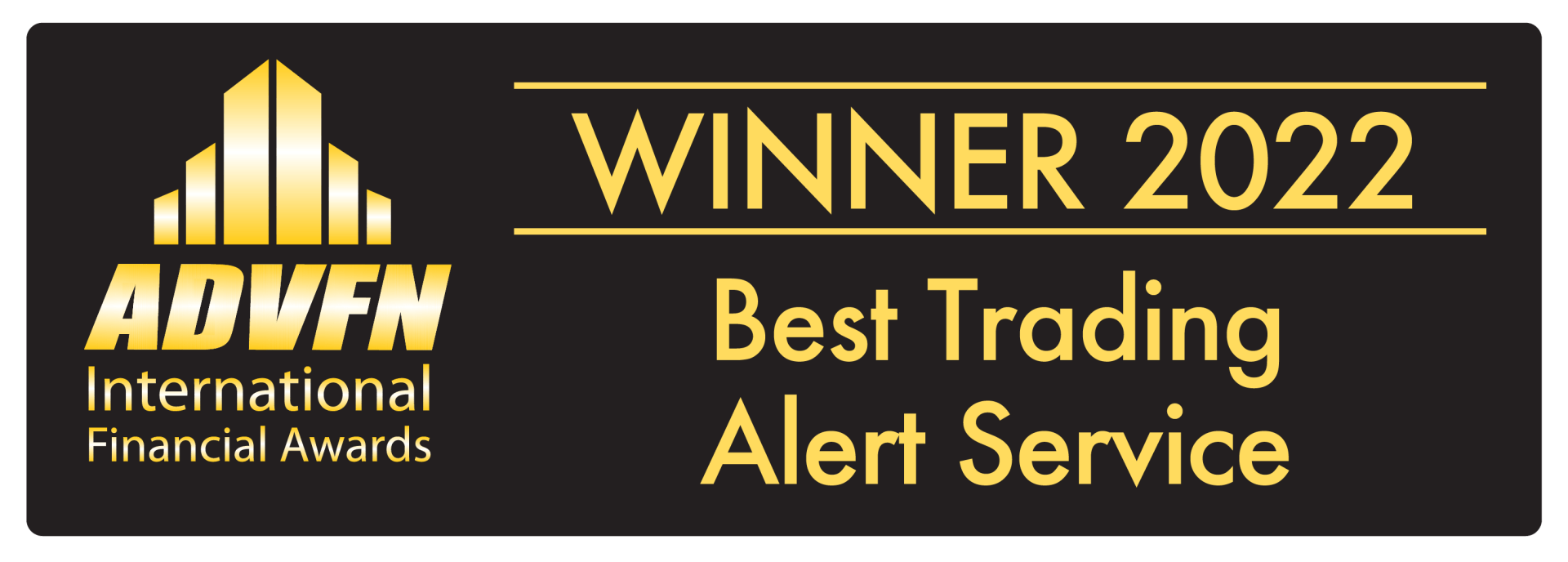Why are Economic Forecasts Wrong
It's an important time for Central Banks around the world. As each of them tries to reduce inflation, they have to predict how much to raise interest rates by and for how long. On a day to day basis they then need to look at core economic data (housing, jobs, CPI, PPI etc.) to see if their changes are working and decide when to stop the increases. If they undershoot it will be bad for the economy and if they overshoot it will be bad for the economy (undershooting means inflation will continue to rise, overshooting will constrain future economic growth).
You may think that because these central bankers are highly skilled professionals and have access to lots of analysts and computing power that this would be an easy task. But unfortunately it isn't, because it involves forecasting something with many moving parts and dependencies.
Forecasts are predictions about what is going to happen in the future based on information that is currently available. This means they are exercises in imagination and rarely correct. The famous US General Dwight D. Eisenhower (Commander-in-Chief of the Allied Forces in Europe during the Second World War) probably put it best when he said "in preparing for battle I have always found that plans are useless, but planning is indispensable". Which broadly speaking means if you've done the prep then you'll know what you are likely to face even though things won't probably play out as you originally thought.
Forecasting is not an exact science. You'll know this to be the case if you've ever tried to forecast simple activities at home like how long it will take you to decorate a room, fix a leak, trim the hedges, clean the car, pacify your partner etc.
Herein lies the conundrum. Financial Markets move based on the value of companies within them. Those companies earnings are dependent on the overall state of the economy because that dictates what customers will pay for their products/services and how much it costs them to borrow money for working capital and investments. If the state of the economy is unclear then the projections (which are also forecasts based on certain underlying assumptions) that these companies give to their shareholders will be less reliable. In situations like this the markets are likely to move share prices down.
Which is why at the moment the markets are hanging on every word the Fed says while at the same time trying to figure out what impact the historic increases have had. You will have also seen that there are many competing voices out there: those that think inflation is tamed, those that think there is more work to do, those that think a recession will be avoided, those that predict a long recession ...... and so it goes on.
The bottom line here is that a forecast is just that: a forecast. It's not a guarantee of what is going to happen in the future it is a best guess of what will happen given what is known at the current time. And of course what a forecast cannot account for is any unseen macro-economic risks, like the recent covid pandemic and Russia's invasion of Ukraine.
So the forecasts we are seeing for the economic recovery are going to be wrong. The key question is how wrong? And that we won't know until much closer to the time. Does that mean you should avoid investing in the markets? Probably not. Historic analysis has shown that timing the markets is almost impossible and so if you are investing for the long term then you're better to be in the markets rather than not. But maybe think about trading. In these turbulent times the fluctuations in the market give great opportunities for both long and short trades.
Forecasts give us the illusion of control, sure they're better than nothing but before you take them as gospel think back to what Dwight said.
If you want to successfully Daytrade Futures like the e-mini nasdaq, e-mini S&P, Commodities, Forex or similar then you want to use a system that has the best Trade Signals and Trading Strategies in the market. Inteligex will help you Learn to Trade the right way, book your FREE Personal Consultation below to find out more. It's over 80% accurate and even tells you where to put your stops and targets.
To see how to become a winning trader book your FREE Personal Consultation.

